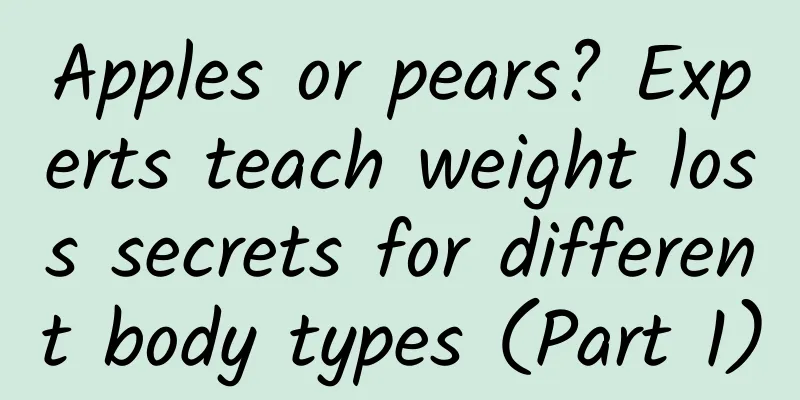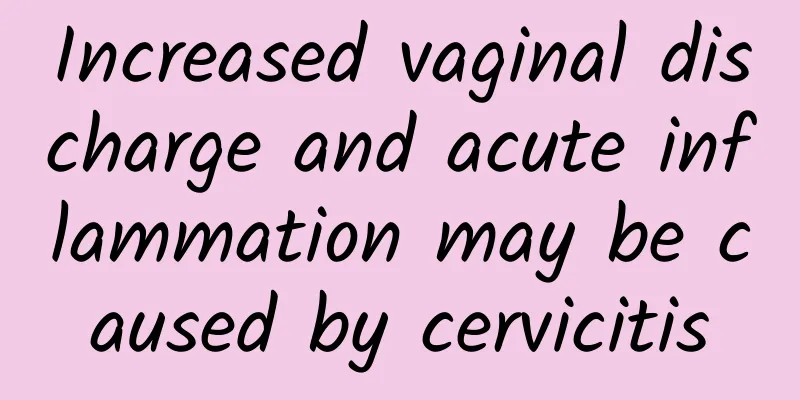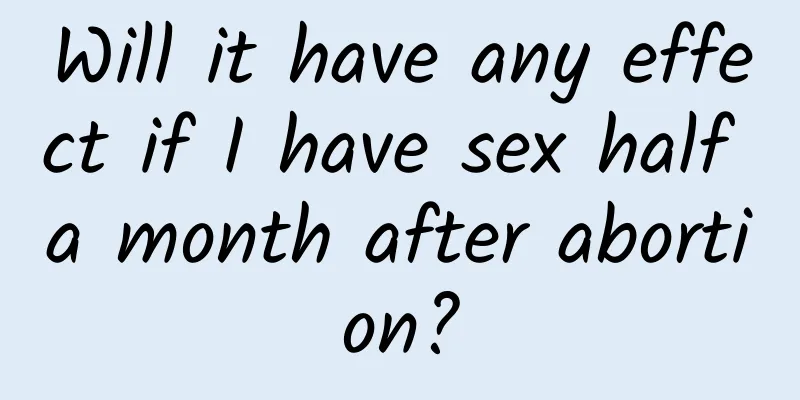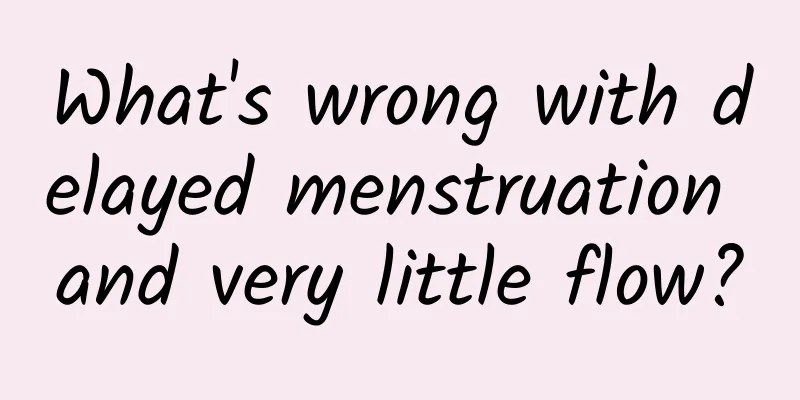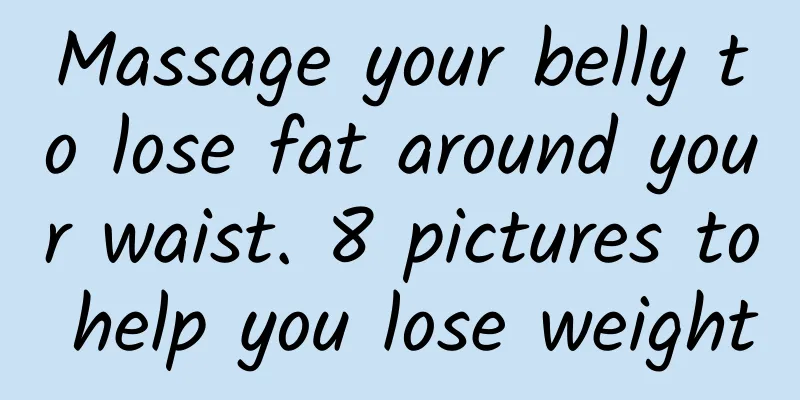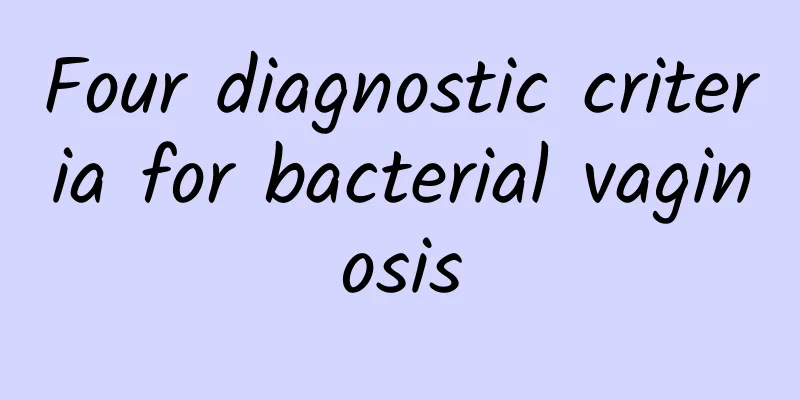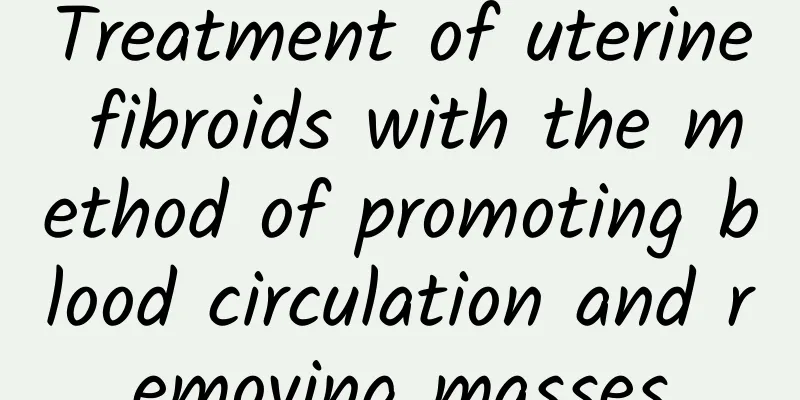Does a left ovarian cyst hurt? Where does it hurt?
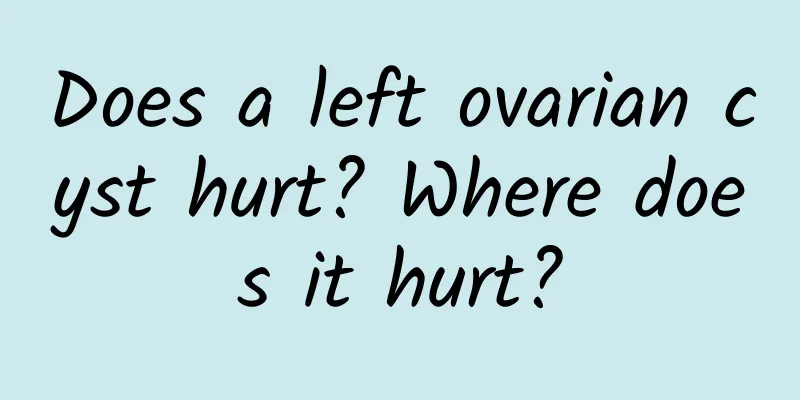
|
Left ovarian cysts not only bring psychological burdens to female patients, but also bring various harms to their bodies. Left ovarian cysts have a variety of symptoms. So, will left ovarian cysts hurt? Where does it hurt? One of the symptoms of left ovarian cysts is abdominal pain. If the tumor has no complications, there is very little pain. Patients with ovarian tumors feel abdominal pain, especially when it occurs suddenly, which is mostly caused by the twisting of the tumor pedicle, or occasionally by tumor rupture, bleeding or infection. Malignant cysts often cause abdominal pain and leg pain, and the pain often causes patients to seek emergency treatment. Clinically, ovarian cysts often present with lower abdominal pain, discomfort, increased vaginal discharge, yellow vaginal discharge, abnormal vaginal odor, and menstrual irregularities. There is usually a firm, painless mass in the lower abdomen, and sometimes sexual intercourse can be painful. When cysts affect hormone secretion, symptoms such as irregular vaginal bleeding or increased hair growth may occur. If the cyst pedicle is twisted, there will be severe abdominal pain, bloating, difficulty breathing, loss of appetite, nausea and fever. Larger cysts will cause pressure near the bladder, causing frequent urination and dysuria. Especially when these symptoms are more severe, bleeding is frequent and occur at the same time, women are more likely to suffer from ovarian cysts, and the risk of malignant ovarian cancer is greater. There are many drugs to choose from for the treatment of left ovarian cysts. Here are some common drugs for female friends to refer to: Xiaojie'an Capsule: Dai medicine: Tongselesailong, Bingnonggannongnei Nongjie, Hunbingnei, Bingban. Traditional Chinese medicine: Activate blood circulation and remove blood stasis, soften and disperse nodules. It is used for breast lumps caused by qi stagnation and blood stasis, breast lobular hyperplasia, ovarian cysts, and uterine fibroids with the above symptoms. Hongjin Xiaojie Concentrated Pills: Soothes the liver and regulates qi, softens and disperses nodules, activates blood circulation and removes blood stasis, reduces swelling and relieves pain. Used for breast lobular hyperplasia, uterine fibroids, and ovarian cysts caused by qi stagnation and blood stasis. Guizhi Fuling Capsule: used for endometriosis, chronic pelvic inflammatory disease, uterine fibroids, dysmenorrhea, amenorrhea, ovarian cysts, breast hyperplasia, prostate hyperplasia, urology, breast surgery, obstetrics and gynecology. |
<<: What happens if uterine fibroids compress the bladder during pregnancy?
>>: What are the causes of menstrual disorders?
Recommend
Diabetes and obesity! Eat 6 kinds of food and medicine to help lose weight
Diabetes is closely related to obesity. In tradit...
What are the symptoms of acute adnexitis?
Acute adnexitis is a common disease, and patients...
Proper diet during menstrual cramps
Women experience pain in the lower abdomen and lu...
What medicine should I take to treat uterine fibroids? What food should I be most afraid of eating when I have uterine fibroids?
Uterine fibroids are a common benign tumor in wom...
How to deal with unbearable vulvar itching in patients with vulvar leukoplakia Methods to relieve vulvar itching
Vulvar leukoplakia is a white spot on the vulva c...
What is the impact of left ovarian cyst on women? Will it affect fertility?
A woman's greatest pride is to be a mother, b...
Habitual abortion cure rate
Although miscarriage is very harmful, there are m...
How to prevent cervical hypertrophy
Cervical hypertrophy is a manifestation of cervic...
Shen Linlong: Continuous exercise adds to your health
Text by Zhang Huixin and Yang Yuhao Shen Linlong ...
The main things to note about cervical hypertrophy in daily life
There are many reasons for cervical hypertrophy, ...
Can Bartholinitis become malignant?
When the Bartholin's glands are in acute infl...
Dysmenorrhea may be caused by the uterus
Dysmenorrhea may be caused by the uterus, and we ...
Raspberry + catechins drive away fat and avoid starvation
There are many parties in December, and many wome...
Symptoms of mild cervical erosion, these 4 symptoms indicate mild cervical erosion
When any disease occurs, we need to rely on sympt...
Elaborate on the complications of uterine fibroids
Uterine fibroids are a common benign tumor in the...
